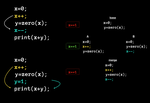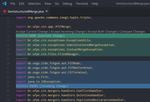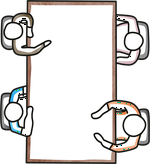Paulo Borba
I am Professor of Software Engineering at the Informatics Center (video) of the Federal University of Pernambuco, where I lead the Software Productivity Group (video). I am currently the Director of the Informatics Center.
I investigate and develop tools and techniques for improving software development quality and productivity levels, especially by reducing unnecessary effort and frustration in software developers work activities. I pursue a mix of academic excellence with societal relevance.
My main research interests are in the following topics and their integration: advanced (semi-structured, structured, semantic) code merging tools, code integration conflicts, continuous integration and deployment, software modularity, software product lines, and refactoring.
I am a member of the ACM and of the Brazilian Computer Society.
I co-founded Qualiti Software Processes, a spin-off of the Informatics Center and C.E.S.A.R., specialized on software development tools and processes. This was one of the first companies to join Porto Digital, now one of the major information technology hubs in Brazil.
I have a D.Phil. in Computing from Oxford University, and an M.Sc. and a B.Sc. in Computer Science from Federal University of Pernambuco. I was Fulbright Visiting Faculty Scholar at CMU’s Institute for Software Research (currently the Software and Societal Systems Department).




